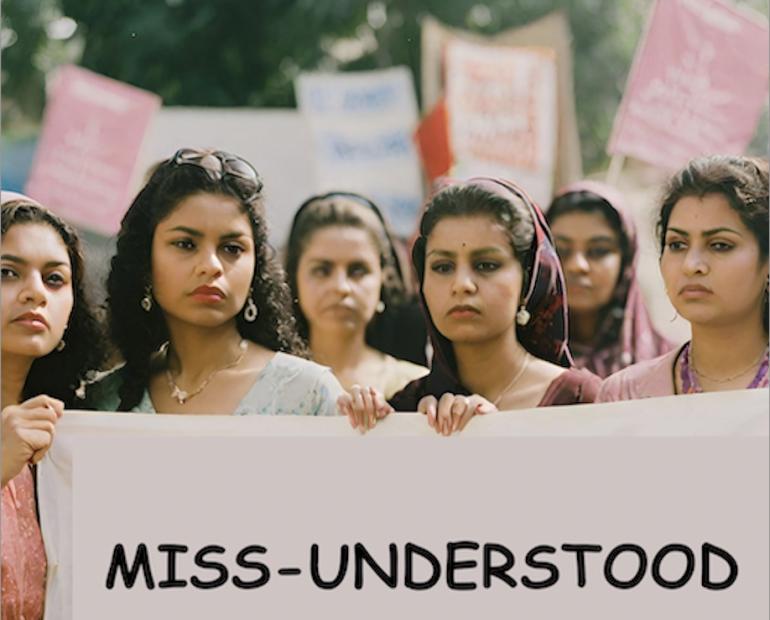
Misinformation: Noun, "false or inaccurate information, especially that which is deliberately intended to deceive." Oxford Languages.
Misinformation is essentially a virus, and it's everywhere today. A substantial majority of people in today's world overestimate their abilities to detect truth from falsehoods. The reason why this is important is that misinformation doesn't have to be just a tiny fib, it can be a targeted, blatant lie, which can put people's wellbeing in danger. It can additionally spread quickly and exponentially. If a person views an article or document that is misinformation and blindly reshares it, knowing or not knowing it is false, that misinformation is now spread to their audience and the process can repeat making that false information potentially go viral.
Now why do people share misinformation? Are they intentionally doing it? Do they not have proper media interpretation skills? One study believes that having blatantly lazy thinking could be a key culprit. We often rely on emotions and intuition to know how to interpret and react the information we intake. Due to what is almost a sensory overload on social media, when we see this information and see keywords that make it seem relevant to us, we are more prone to relay that information by sharing it with others. Additionally, social media is...well social. This means that we often share what we think will best engage our audiences. Through this, we may think less of what's true and more of what's going to create the largest number of impressions. This idea is better put in an article shared by the National Institutes of Health (NIH) where the author shares, "When individuals share or interact with disinformation they see online, they have essentially been persuaded to do so by its originators...Under some circumstances, we may carefully consider the information available. At other times, we make rapid decisions based on heuristics and peripheral cues. When sharing information on social media occurs, it is likely to be spontaneous and rapid, rather than being a considered action that people spend time deliberating over..."
So, while the action of spreading misinformation may not always be intentional, it is still very dangerous. It is crucial that as technology and methods of sharing information evolve, that we as a people adapt to ensure we can detect and report misinformation to ensure it doesn't get spread. A lot of people have been tricked, deceived, injured, and even killed due to misinformation. During the COVID-19 pandemic, we saw misinformation spread, some internationally and others accidentally, regarding treatments, cures, government protocols, and other safety measures which people viewed and believed. This led to injury and sometimes even death. Addressing this issue will be tricky but it will make a huge difference.
When it comes to fighting misinformation, it all starts with us as individuals and social media users. Primarily, we must understand how to detect misinformation. Here are a few methods to get started:
- Before you even click on a link, look at a preview if possible. Look for keywords of scams like "you've won". If anyone messages you a link on social media and the preview shows a login, it is most likely a scam to take your account.
- Be skeptic of your media. Look for untampered evidence and proof. Compare your source's reporting to other outlets.
- Understand that social media platforms are based on algorithms that share what engages people the most, which may not always be true.
- Investigate your source. Who are they with? What is their background? What do they and their outlet do? Are they a satire site?
- Check the URL. Is it modified to resemble a reliable source? Does it look unprofessional?
- Think before you share. If it does not 100% check out, do not share it.
- If you detect misinformation on social media, be sure to report it to the platform.
While there are a few groups out there that are devoted to detecting and disproving misinformation, it starts with us to lead the effort in stopping misinformation and ensuring a more positive and safer online social environment for all users.
SOURCES
https://www.ncbi.nlm.nih.gov/pmc/articles/PMC7541057/
https://www.npr.org/2019/10/29/774541010/fake-news-is-scary-heres-how-t…
https://www.scientificamerican.com/article/most-people-dont-actively-se…






